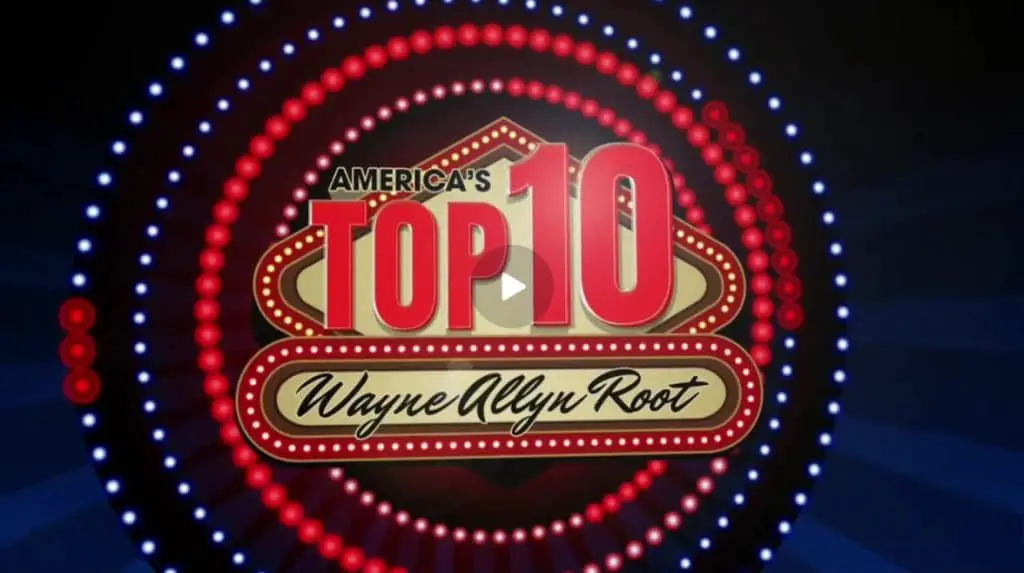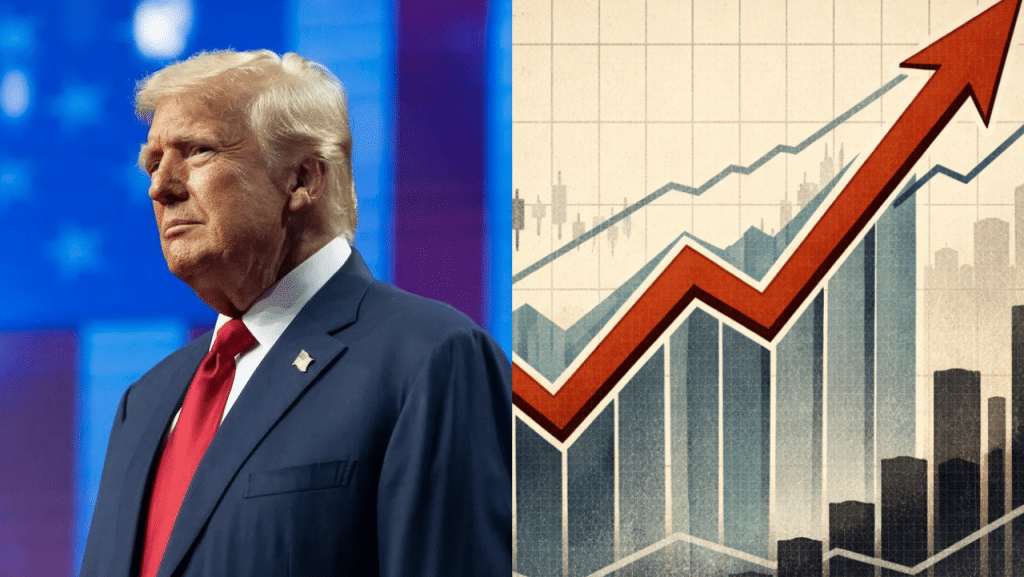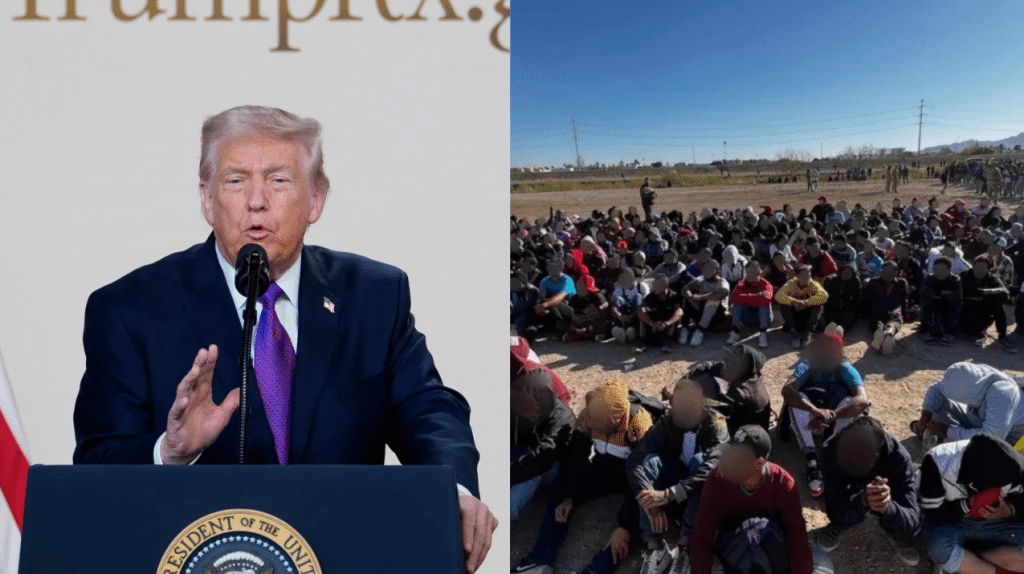In another life, when I was still a huge Republican supporter and contributor, I hosted Karl Rove at my home (2 years ago) for a Republican Party fundraiser. The man known as "The Genius" of GOP political strategy sat next to me at my dining room table. We talked politics and discussed strategy for keeping the GOP in power for years to come. We both had the same goal- keeping our party in power long-term. But we each saw a very different picture and believed in very different strategies to accomplish that goal.
Rove thought that "playing to the base first and foremost" (to religious Christian conservatives) was the way to cement GOP dominance. I disagreed strongly- both at that meeting and in future letters to Rove, I made it clear that in the "real world" business circles that I traveled in, the GOP was fast losing support. I told him that the more "W" pandered to the religious right, the more crucial support they'd lose among moderates, independents, Libertarians, business owners, and Barry Goldwater Republicans. I told him that issues such as the Terri Schiavo fiasco (assisted suicide), gay rights, stem cell research, and the proposed ban on online gaming were all alienating at least two voters (moderates, independents, Libertarians and Goldwater conservatives) for every one religious Christian that was attracted to the GOP.
As my prime example, I pointed to the proposed ban on online gaming and poker that Rove, Bush, and key GOP leaders like Senators Frist and Kyle, Congressmen Goodlatte and Leach supported. I pointed out to Rove that online gaming was not some new niche fad- but rather a national phenomenon (if not obsession) that was here to stay. I explained that tens of millions of men- most of them traditional GOP voters and contributors (college-educated males with high incomes- often small business owners, professionals, independent contractors, salesmen)- were devoted sports bettors, casino gamblers and poker enthusiasts. And since these same educated, high-income men are also known as "first adapters" (first to adapt to new technology), most of them were doing their betting or poker playing on the Internet, on their home computers. I pointed out that those same men voted Republican because they were convinced that the GOP was the party of smaller government, less government interference in our lives, and freedom for the individual (which of course includes Internet freedom).
I pointed out to Rove that millions of American men who vote predominantly Republican for economic reasons (they are fiscal conservatives and simply want lower taxes and government out of their way and out of their lives) think the same way- they believe that not only is there nothing wrong with playing poker on your own computer, in your own home, with your own money- it is none of the government's damn business in the first place. I told Rove that if he ever polled Republican male voters- especially those with incomes over $100,000 (the main contributors to the GOP)- on the topic of online gambling, he'd find that 90 out of every 100 would admit to enjoying gambling; 70 out of 100 would admit to enjoying online gaming or poker; and the others are either lying or scared to admit they enjoy gambling in front of their wives!
I was soon proven correct when polls in both the Wall Street Journal and on CNBC showed overwhelming universal support for online gaming (approaching 90%). But Rove ignored my opinions and allowed the GOP Congress to ban online gaming (by attaching the bill to a Port Security Bill at the last minute of the last hour of the Republican controlled Congress). It was a disastrous decision- angering millions of traditional and natural GOP allies and contributors. It cemented the impression that the GOP was no longer the party of smaller government. And worse, it made it clear that the GOP and the religious right allies they pandered to, supported "the Nanny State." Grown men (and women) were now being told by the GOP how to live their lives, what form of entertainment to choose, and how to spend their own money. Free will, individual rights, and choice were obviously no longer welcome at the GOP.
As a result, I predicted on Fox News Channel in the days before the 2006 election that the GOP would lose control of Congress. I was proven right. "The genius" Karl Rove was wrong. The election was a disaster for the GOP, Bush, Rove and their allies. Rove had badly misjudged the strength of his religious coalition. But Rove's misjudgement was not just a short term blip- it has alienated younger voters against the GOP for many years to come. As Democratic strategist James Carville recently pointed out, Democrats now beat Republicans in polls by a whopping 32 points among voters 30 or younger. I wonder if Karl Rove ever used his "genius" to figure out why young Americans have turned against the GOP? Young college-age and post-college age males spend half their waking hours doing two things (other than chasing girls)- playing poker and gambling on sports. Do you think perhaps the GOP decision to support a Prohibition on online gaming might have had something to do with the dramatic Democratic edge among younger voters? Ya think?
So I guess the "genius label" is applied far too quickly and prematurely in national politics. Today's hero is often tomorrow's goat. Of course my skepticism applies equally to the "Democratic genius" James Carville too. In a recent commentary by Carville, he correctly pointed out that Rove's policies and strategies have damaged the GOP for years to come. But he is no genius either- because he drew the wrong conclusion. Carville concluded that "young voters generally favor larger government providing more services." He further concluded that the GOP's loss would be the Democrats gain- obviously because liberal Democrats are the party of bigger government. I disagree strongly. Carville is as biased and delusional as Rove. They are both too close to the situation- as lifetime supporters and benefactors of their respective political parties.
Polls have proven again and again that the American electorate favors smaller government, lower taxes, and less spending. When asked if they are fiscally conservative and socially liberal, American voters answered "YES" in large numbers. When asked if they are a member of the "Investor Class" a majority of Americans answered "YES." Obviously these are polls of the general electorate- which is comprised primarily of Americans out of college, and in the workplace. Younger voters may temporarily want bigger government and more services, but that is a short-term blip. It doesn't take a brain surgeon to figure out that college-age students are idealistic, not realistic. They haven't earned a paycheck yet. Heck, they haven't even applied for a job. Once they reach the "real world" and get hit with economic reality- ie getting their first paycheck and finding out that 50% is missing (to taxes)- they'll quickly turn fiscally conservative (otherwise known as Libertarian). It's only hip, trendy and "compassionate" to root for bigger government and more government services when you don't get a paycheck or pay taxes. It's only natural to support more entitlements when you're not paying a dime for them.
As soon as today's college students and recent college grads spend a year or two in the "real world" and find their dreams dashed and their purchasing power destroyed by taxes, they'll quickly turn conservative on fiscal and economic issues, and become supporters of smaller government, lower taxes, and reduced spending. Afterall, only those who pay no taxes, could possibly support higher taxes. Only those who don't own a home, could possibly support higher property taxes. Only those who don't own stocks or real estate, could possibly support higher capital gains taxes. Only those who are too young to have their own children or to think about their parents' mortality, could possibly support death taxes. Only those who don't own their own business or don't receive a healthy paycheck from a corporation, could possibly support higher taxes on businesses.
Carville is just another out-of-touch, na‹ve, bleeding heart liberal who hasn't a clue what makes real Americans in the workforce tick. I'm a pretty typical American. I'm 46 years old. I've worked 14 to 16 hour days running my companies and building my career for the past quarter of a century. I sacrifice every day in order to provide my family with the best life has to offer- NOT to provide strangers or government bureaucrats with more money. I sacrifice so that when I die, everything I've worked for and built goes to my family- NOT to strangers or government bureaucrats.
No Mr. Carville, I don't work 14 to 16 hour days, 7 days a week, so that my money and success and all the fruits of my labor should go to the people that don't sacrifice, that don't work 16 hour days, that don't have "ownership" in society, that don't pay taxes, that expect to be handed their income while they sit on the couch watching soap operas, Jerry Springer, Gilligan's Island reruns, and personal injury lawyer advertisements all day.
College students don't understand that feeling just yet, so it is to be expected they'd naively support bigger government- before they've earned a paycheck, paid any significant taxes, bought a stock, or owned a home. But their attitudes will all change quickly once they go to work, earn a paycheck, find out the brutal reality of taxes and how they erode their standard of living, and take part in the ownership society.
In the end, both Rove and Carville are dead wrong. Current trends don't support the success of either Republicans or Democrats. Approval ratings of 30% for Republican President Bush and 25% for our Democratic Congress prove that. In the future, I believe a majority of younger Americans will choose to become a perfect mix of conservative (on issues such as smaller government, lower taxes, reduced government spending, lower entitlements, elimination of affirmative action) and liberal (on social issues such as abortion, gay rights, stem cell research, assisted suicide, online gaming and Internet freedom). That combination is not found in either the GOP or Democratic Parties. It is only found in the Libertarian Party. Change is in the air- the time is ripe for the success of a credible third party challenger in the American political system. Moving forward into the future, neither Republicans nor Democrats have the answers or solutions that Americans want and need to hear. For younger voters, older voters and everyone in-between, whether the topic is fiscal policy or social policy- the answer isn't bigger government, it's more freedom. It's more free will; choice; and freedom and rights for the individual. The Libertarian Party is the obvious beneficiary of the mistakes, miscalculations and misjudgements of Rove and Carville. The lesson to this story is to be careful who we choose to label a "genius."





